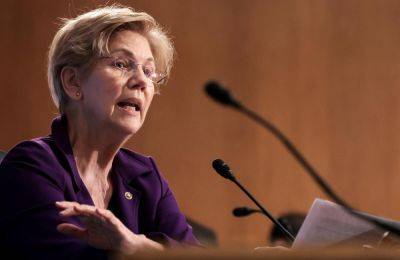Tokenization is a “New Financial World” – Is Larry Fink Right?
The much-anticipated Bitcoin ETF approval on January 11 has set the crypto media alight. Still, despite some early signals of bullish action, the markets didn’t respond with quite the same enthusiasm, with BTC trading down 8% in the days immediately following the news. However, short-term movements were never the point of this long-fought battle. The Bitcoin ETF marks a pivotal moment for the industry. Not only is it the culmination of ten years’ worth of effort to have cryptocurrencies gain mainstream acceptance, but looking forward, it marks the starting pistol on a new era of digital asset adoption.
In fact, according to Blackrock’s Larry Fink, the ETF approval is the first step towards a new financial world. He told CNBC’s Squawk Box that ETFs are only a precursor to the tokenization of “every financial asset,” stating his belief that moving assets onto the blockchain will “eliminate all corruption.”
Even before Fink’s bullish sentiments, tokenizing real-world assets (RWAs) had become one of the biggest trends sweeping traditional financial institutions. When Boston Consulting Group predicted in late 2022 that asset tokenization would reach $16 trillion within the next decade, it may have seemed outlandish to some. However, fast-forward to the end of 2023, and institutions such as HSBC and Deutsche Bank are gearing up to offer custody of tokenized assets to their customers, while asset management giants Brevan Howard and Hamilton Lane have moved to become the first to put idle funds to use on the blockchain. The Libre protocol will go live in the first quarter of 2024, offering tokenized assets and smart contracts via Polygon.
However, while it may be hard to believe, traditional financial assets are only a relatively






















